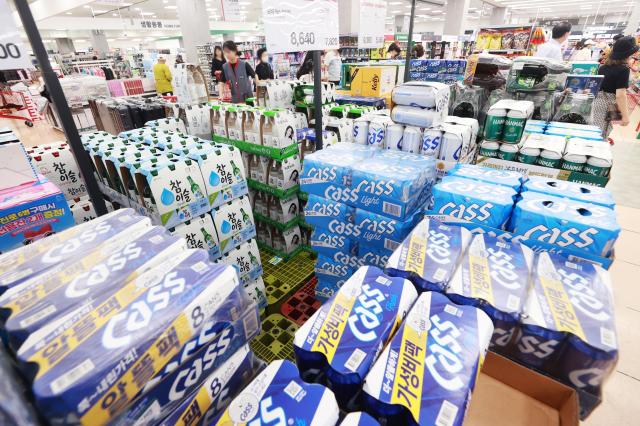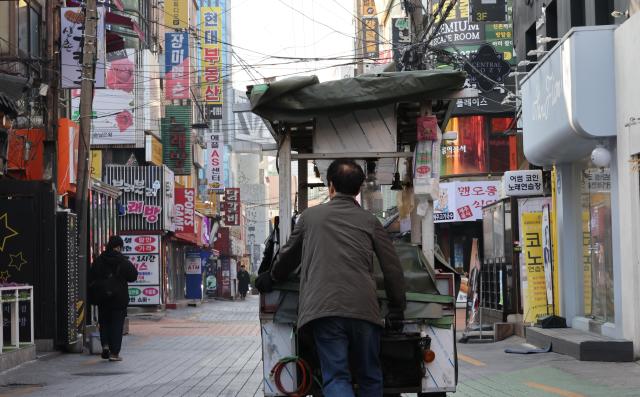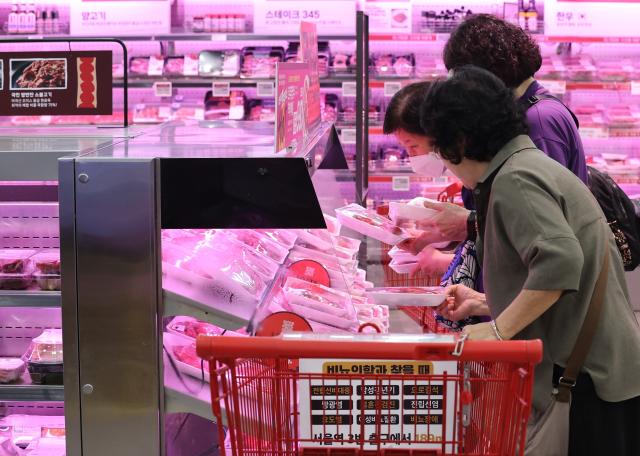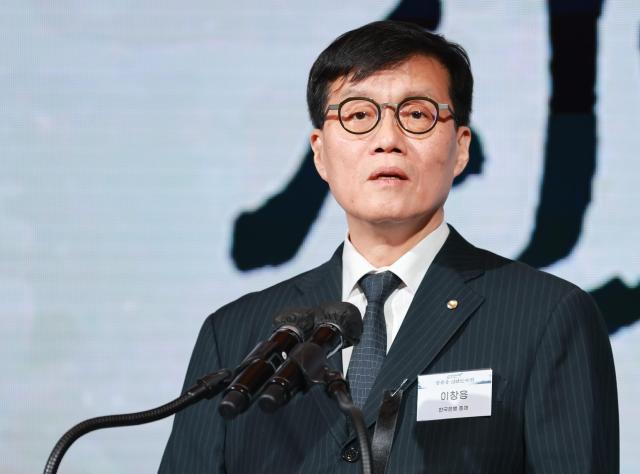
The impact of rising international oil prices also slowed the decline in petroleum product prices. Along with increased consumer prices, the level of the core price index (CPI), which excludes fuel and agricultural prices, remained high. This reflects that "sticky inflation" persists, indicating that ongoing inflationary pressures are present.
According to South Korea's national statistical information service, the country's inflation rate in September 2023 totaled 3.7 percent. The increase rate hit the highest level in five months since April this year (3.7 percent). The inflation rate, which reached its peak at 6.3 percent in July 2022, steadily declined to 2.3 percent in July 2023.
Despite the inflation rate being slightly lowered in July, factors such as the rise in oil prices, caused the inflation rate to rise again in August (3.4 percent) and continued to rise in September. The price of petroleum products in the previous month decreased by 4.9 percent, significantly reducing the rate of decline compared to the previous month (-11.0 percent). This was due to the increase in international oil prices, which pushed up overall prices.
Consumer prices of agricultural and marine products increased by 3.7 percent. Agricultural products prices rose sharply by 7.2 percent due to abnormal weather conditions, while the CPI for living necessities increased by 4.4 percent. The fresh food index also recorded the highest increase in six months, at 6.4 percent.
This inflationary trend differs from the initial expectations of the Bank of Korea. South Korea's central bank had previously pointed out the need to focus on trends rather than short-term fluctuations caused by seasonal factors, mentioning a "trend of subdued inflation." "The prices of goods remain relatively stable due to continued increase of cost pressures," Kim Woong, Deputy Governor of the Bank of Korea, said during a meeting on the current inflation situation on October 5.
The government expects that inflation uncertainty will continue until September and enter a downward phase after October. Deputy Prime Minister and Minister of Strategy and Finance, Choo Kyung-ho, said in a press conference that the trend of inflation is expected to gradually stabilize around the 2 percent range after October, leading to overall price stability.
Copyright ⓒ Aju Press All rights reserved.





View more comments